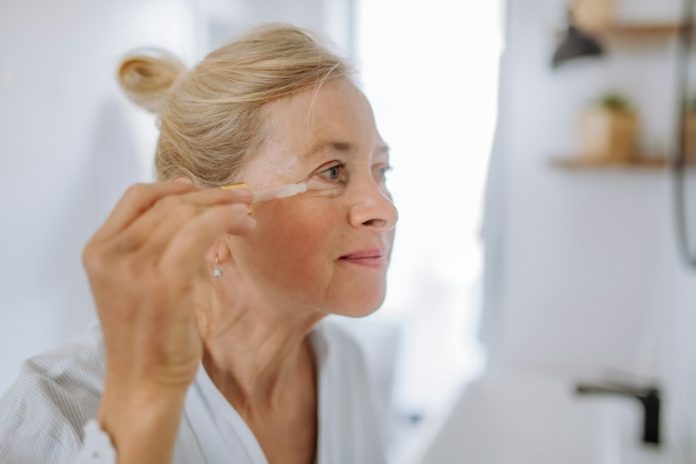
Researchers at the Mayo Clinic have discovered that photographs of the retina—the thin layer of light-sensitive tissue at the back of the eye—could provide early clues about a person’s risk of stroke and dementia.
This finding suggests that a simple eye exam might one day help identify people who are at higher risk for these serious health problems, allowing for earlier intervention.
The study focused on a condition called retinopathy, where the blood vessels in the retina are damaged. Retinopathy can be caused by high blood pressure, diabetes, or other conditions that affect blood flow.
Scientists have found a strong connection between severe retinopathy and changes in the brain. For example, people with this condition are more likely to have abnormalities visible on brain scans, such as magnetic resonance imaging (MRI).
However, unlike MRIs, retinal photographs are much quicker, less expensive, and easier to perform. These photos can even be taken with a smartphone or a simple adapter, making them accessible to more people.
The study analyzed data from 5,543 adults, with an average age of 56, collected between 2005 and 2008. The researchers compared participants with and without retinopathy to understand the risks linked to this eye condition. Their findings were significant. People with retinopathy were:
- Over twice as likely to have had a stroke.
- Nearly 70% more likely to develop dementia.
- More likely to die within the following 10 years, with the risk increasing as the severity of retinopathy worsened.
The researchers believe that retinopathy could be a warning sign of broader vascular problems, as the health of the retina often reflects the health of blood vessels throughout the body, including in the brain.
Damage to these vessels can lead to reduced blood flow and oxygen to the brain, contributing to strokes, cognitive decline, and other serious conditions.
For individuals diagnosed with retinopathy, it’s essential to work closely with a doctor to manage risk factors like high blood pressure, diabetes, and cholesterol.
Screening for cognitive health may also be recommended, and in some cases, a neurologist may advise further evaluation or a brain MRI to check for signs of damage.
The findings of this study emphasize the importance of paying attention to eye health, not just for vision, but as a potential indicator of overall brain and vascular health.
Simple lifestyle changes, such as eating a Mediterranean diet rich in fruits, vegetables, and healthy fats, have been shown to protect the brain and reduce the risk of dementia.
Staying mentally active—through reading, puzzles, or learning new skills—can also help delay cognitive decline. These measures, combined with regular medical checkups, can make a meaningful difference in long-term health.
This research opens up exciting possibilities for using retinal photography as an easy and non-invasive tool to identify people at risk of stroke and dementia.
The study’s lead author, Dr. Michelle P. Lin, highlights the importance of early detection, as it offers an opportunity to take preventive steps that may save lives.
By recognizing the connection between eye health and brain health, this approach could transform how we detect and manage these conditions in the future.
If you care about dementia, please read studies about dietary strategies to ward off dementia, and how omega-3 fatty acids fuel your mind.
For more health information, please see recent studies about Choline deficiency linked to Alzheimer’s disease, and what to eat (and avoid) for dementia prevention.
Copyright © 2024 Knowridge Science Report. All rights reserved.



